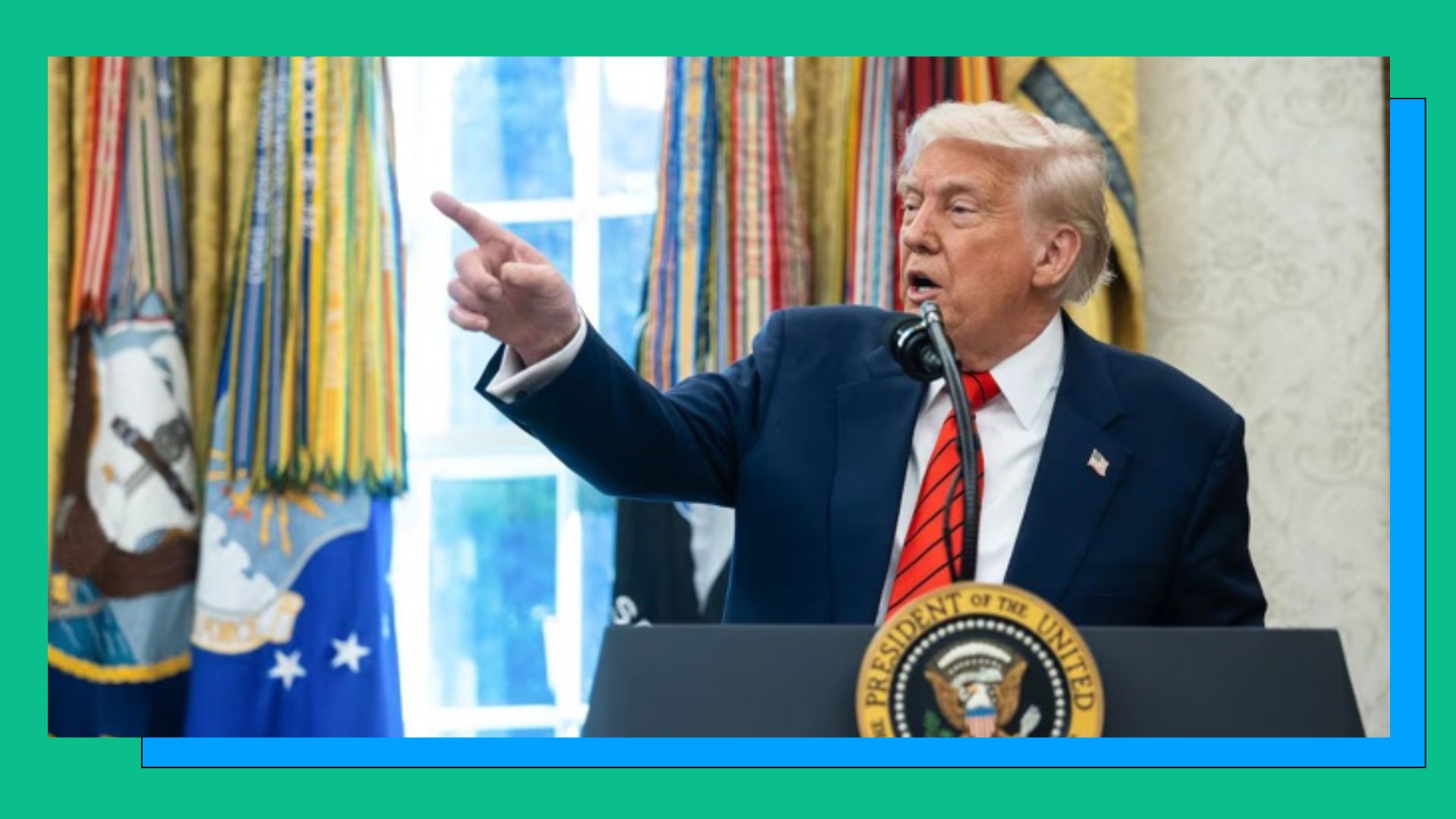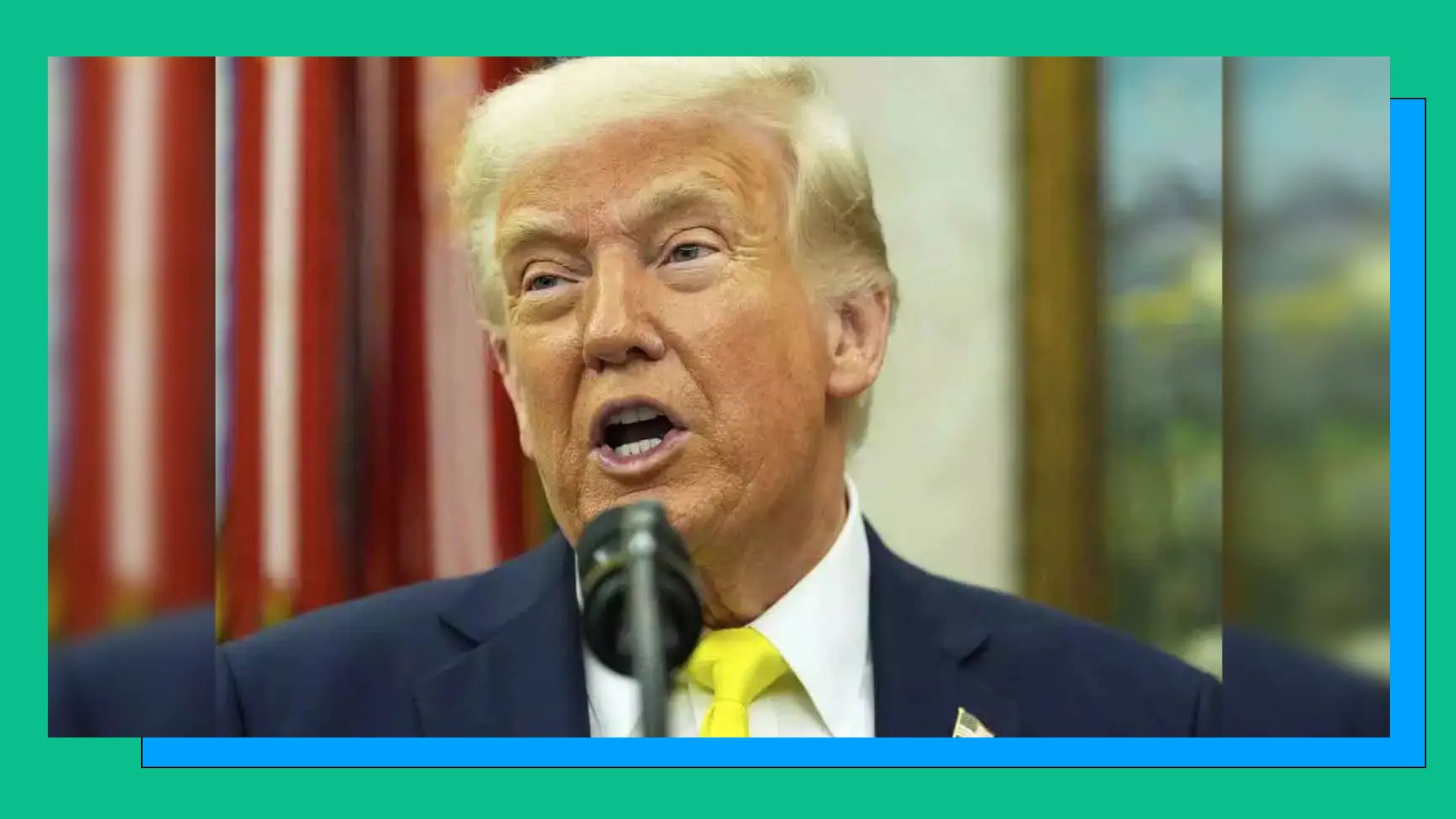he United States and China are scheduled to engage in high-stakes trade discussions in Geneva from May 9 to 12, marking the first significant dialogue since the escalation of reciprocal tariffs earlier this year. U.S. Treasury Secretary Scott Bessent and Trade Representative Jamieson Greer will meet with Chinese Vice Premier He Lifeng to explore avenues for de-escalating the ongoing trade conflict.
Background: Escalation of Tariffs
In recent months, the U.S. imposed tariffs reaching 145% on Chinese imports, prompting China to retaliate with tariffs up to 125% on U.S. goods. These measures have disrupted global supply chains and heightened economic uncertainties.
Objectives of the Geneva Talks
The Geneva meetings aim to address the escalating tariff war and its broader economic implications. While a comprehensive trade agreement is not anticipated, both sides are expected to discuss potential steps toward reducing tensions and mitigating the impact on global markets.
Economic Pressures and Global Impact
The trade dispute has exerted pressure on both economies, with China’s manufacturing sector experiencing a slowdown and the U.S. facing increased costs for imported goods. Global markets have reacted with volatility, underscoring the international ramifications of the bilateral conflict.
Outlook
While the outcome of the Geneva talks remains uncertain, the willingness of both nations to engage in dialogue is a positive development. Observers hope that these discussions will pave the way for a de-escalation of trade tensions and a stabilization of global economic conditions.












